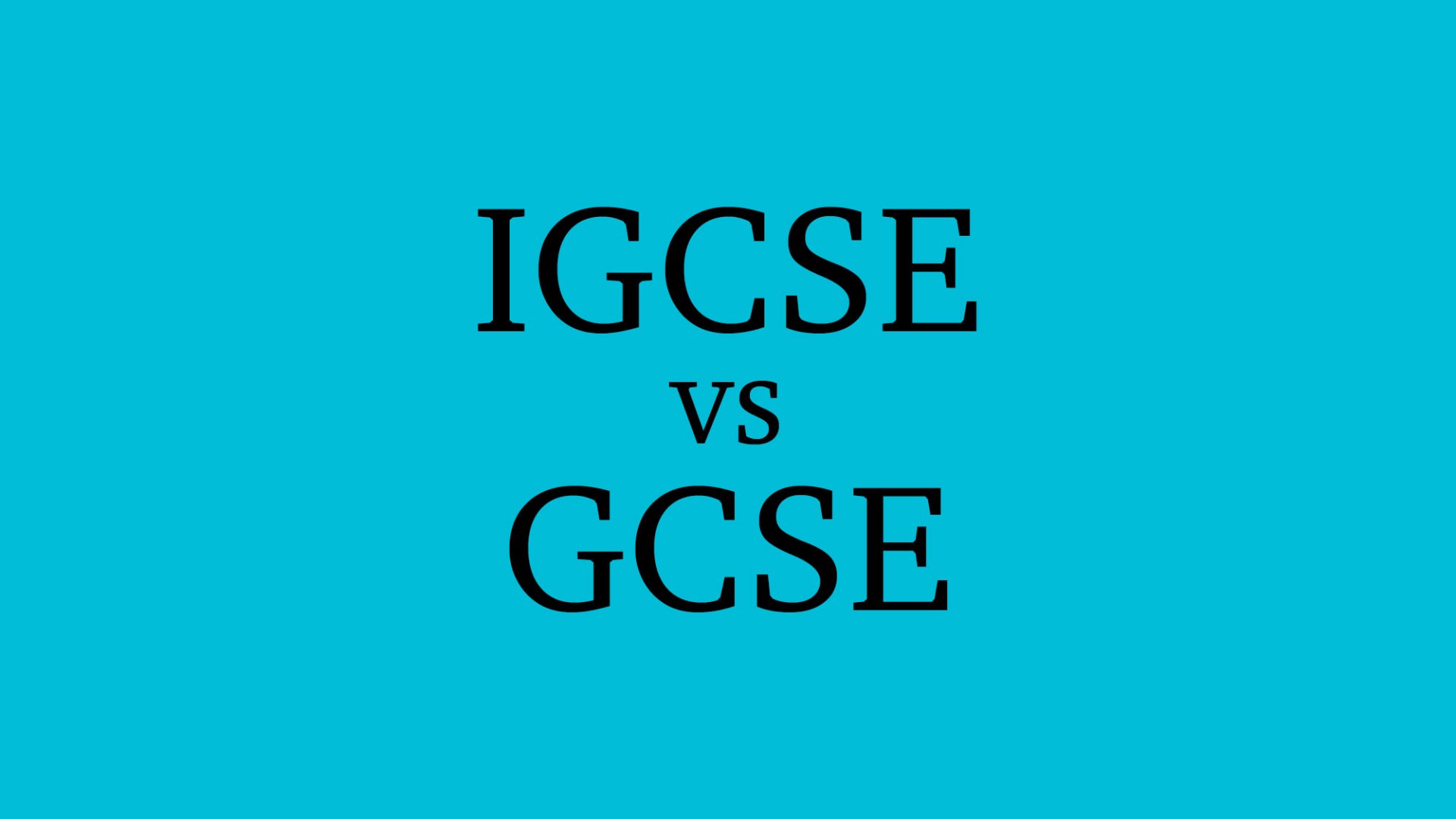In accounting, businesses must record expenses accurately in the correct accounting period to reflect a true and fair view of their financial position. Two important concepts related to expense recognition are accrued expenses and prepaid expenses. These adjustments ensure that financial statements follow the matching principle, which states that expenses should be recorded in the same period as the revenues they help to generate.
Accrued Expenses
Accrued expenses are expenses that a business has incurred but not yet paid at the end of an accounting period. These expenses are recognized in the income statement when incurred, even if payment will be made in a future period. Accrued expenses are recorded as a liability in the balance sheet, as the business owes money for these costs.
Examples of Accrued Expenses
- Salaries and wages: If employees have worked but have not yet been paid by the end of the accounting period, the company must record an accrued expense.
- Utility bills: A business may have used electricity, gas, or water in December but will receive and pay the bill in January.
- Interest on loans: If a company has borrowed money and interest has accumulated but not yet been paid, it must be recorded as an accrued expense.
Accounting Treatment of Accrued Expenses
When recording accrued expenses, the following journal entry is made:
- At the end of the period:
Dr Expense Account (e.g., Salaries Expense)
Cr Accrued Expenses (Liability) - When the expense is paid:
Dr Accrued Expenses
Cr Bank/Cash
Prepaid Expenses
Prepaid expenses are payments made in advance for goods or services that will be received in future accounting periods. Since these payments relate to future periods, they are initially recorded as an asset on the balance sheet. Over time, as the benefit is used, the expense is recognized in the income statement.
Examples of Prepaid Expenses
- Rent paid in advance: If a company pays rent for six months upfront, only the portion that applies to the current period is recorded as an expense, and the rest remains as a prepaid expense.
- Insurance premiums: Many businesses pay insurance premiums for a year in advance. The cost is spread over the period covered by the policy.
- Subscription services: Payments for software, memberships, or advertising that cover multiple months must be treated as prepaid expenses.
Accounting Treatment of Prepaid Expenses
When recording prepaid expenses, the following journal entry is made:
- At the time of payment:
Dr Prepaid Expenses (Asset)
Cr Bank/Cash

